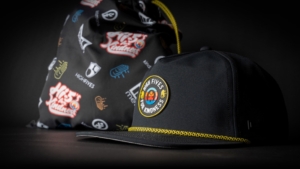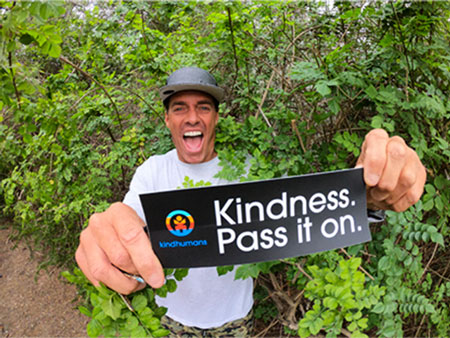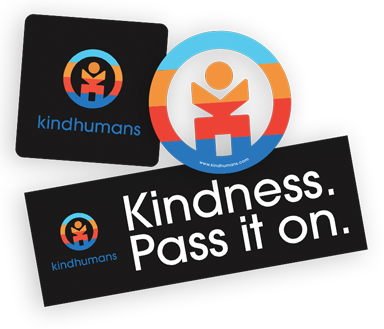
Where Does It Go? Part 2: Motor Oil
PlanetWhere Does It Go? Part 2: Motor Oil
Our friends over at the Changing Tides Foundation are working on a series titled “Where Does It Go?” The series follows our waste and aims to educate us on proper disposal techniques — this is Part 2 — check it out! – KH
Did you know that there are more than 225 million drivers in the United States? That means that there are more than 225 million cars, 225 million gas tanks and 225 million oil changes. With so many cars being used so frequently, have you ever wondered just what happens to all that oil?
So we ask our new favorite question: Where Does It Go?
To get some more information, we took our car to the local Econolube for an oil change where we discovered a wealth of information.
Since 1987 it has been illegal to dispose of oil in the trash, sewers or any drainage systems within the US. As a result of this law, there are state entities that make sure oil is getting recycled. In California, CalRecycle provides grant funding for programs which promote oil recycling and require all certified lube and oil shops to recycle all oil collected. How awesome is that?
Once the used oil is safely drained from our cars, it’s stored in a safe container until a pump truck arrives every 10 days or so to take 400-500 gallons of oil away to a refinery. Used oil filters are taken as well and are drained and the metal is then used as scrap feed. It is at the refinery where the oil is truly given new life.
In re-refining, the oil is first dehydrated to remove any traces of water; the water that’s separated out is then treated and released back out into the environment. The dehydrated oil is then put through a process called vacuum distillation which separates the oil into light oil that’s suitable for lubrication and heavier oil by-products. Finally, the remaining oil is separated into light-viscosity lubricants and heavier grease-type materials.

From here, the oil can be utilized for many different purposes. Here in California, majority of recycled oil is mixed with diesel and used as fuel for large ships. Along the north east coast of the US, the oil is used for energy to warm homes in the winter. In Texas, the repurposed oil is added to the asphalt when building and fixing roads. If the oil is not put back into space heating or asphalt, it can go into steel mills, industrial boilers and other lubricated products as a key resource.
Recycling just 2 gallons of oil can generate enough electricity to run the average household for almost 24 hours. Pretty crazy, right?
So, as it turns out, oil is extremely recyclable. It never stops working, it just becomes dirty after use. By recycling oil, we can almost close the loop on oil use. An oil change doesn’t have to be and shouldn’t be the end of its lifecycle. According to the EPA, re-refined oil must meet the same stringent refining and performance standards as virgin oil for use in automotive, heavy-duty diesel, and other gear oils. Extensive laboratory testing and field studies conclude that re-refined oil is equivalent to virgin oil, sometimes even out performing it.
Ok, this all sounds great right? Recycling programs, new uses for the oil, all of it is very promising! But the issue is: oil is incredibly polluting when not recycled properly. One single drop of motor oil will contaminate 13 gallons of clean water….that’s insane! Unfortunately, 40% of all harbor and waterway pollution comes from motor oil. Oil is contaminated with particles of carbon and metal as well as chemical byproducts that, if disposed of incorrectly, can cause pollution by seeping into the ground and surface water. So when a little bit of oil gets away, it causes BIG problems.

As of today in the US, 200 million gallons of used oil are improperly disposed of each year, leaking into our environment, making it so important to raise awareness on its negative impact, inspiring us to do what we can to help make this numbers smaller.
So, what can we do? You guessed it: EDUCATION! Talk to your neighbors, family members and friends, post to social media and let people know that if they’re doing their own oil changes, which includes oil from boats, motorcycles, farm equipment, and lawn mowers, that they can take their used oil and filters to a certified used oil recycle location for proper disposal and recycling.
Visit Earth911.com and enter your zip code to find your nearest used oil recycling location to ensure that your oil gets recycled and repurposed and stays out of our environment.

Read part 1 of “Where Does It Go?”










